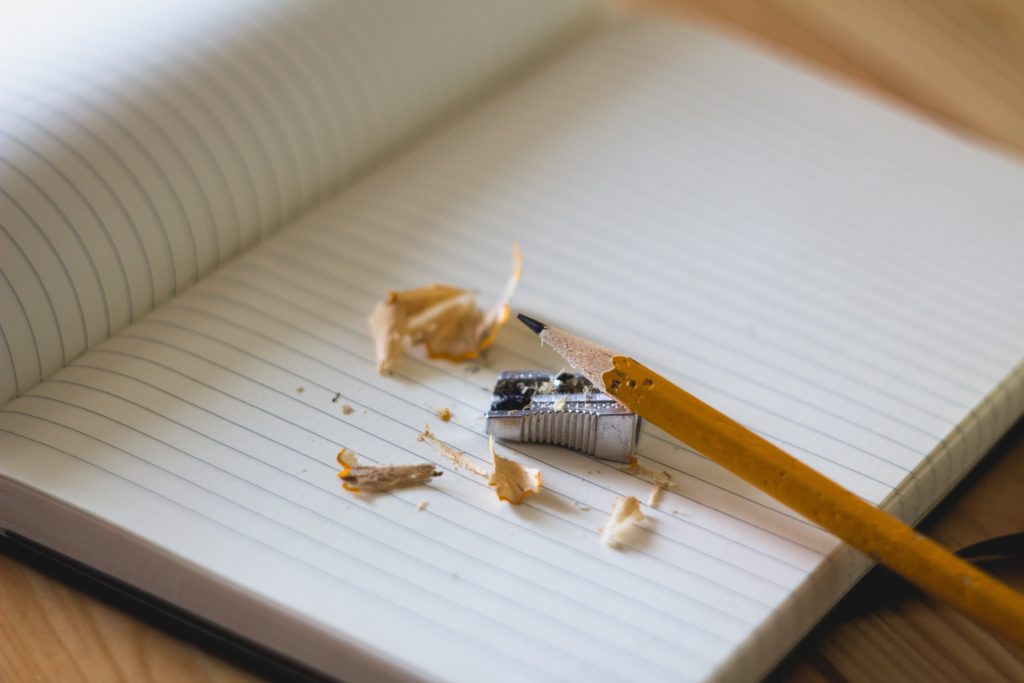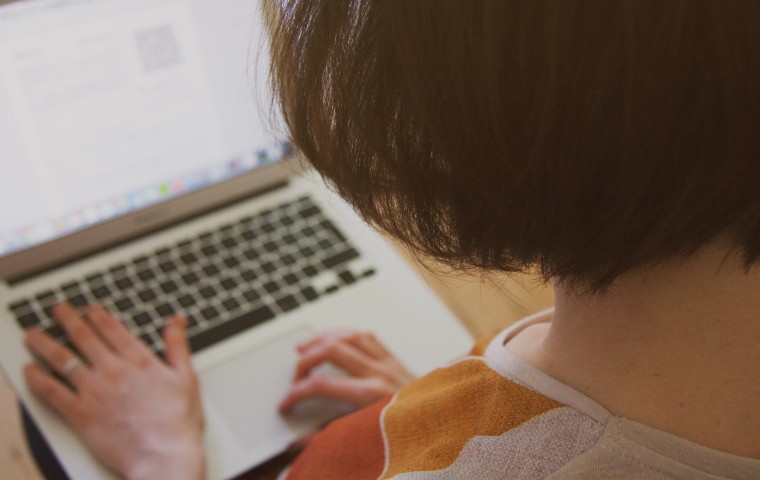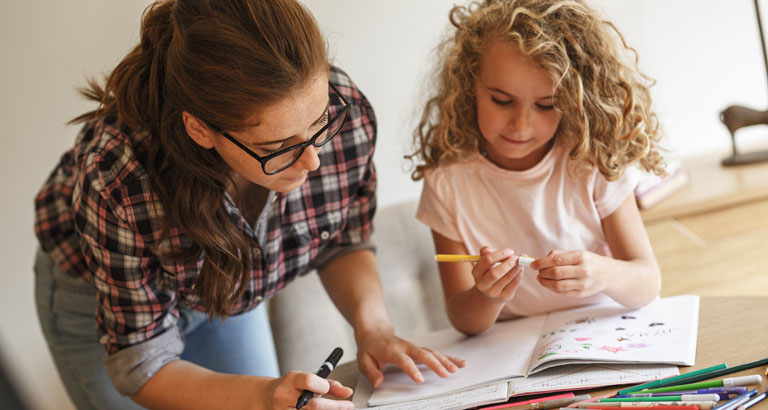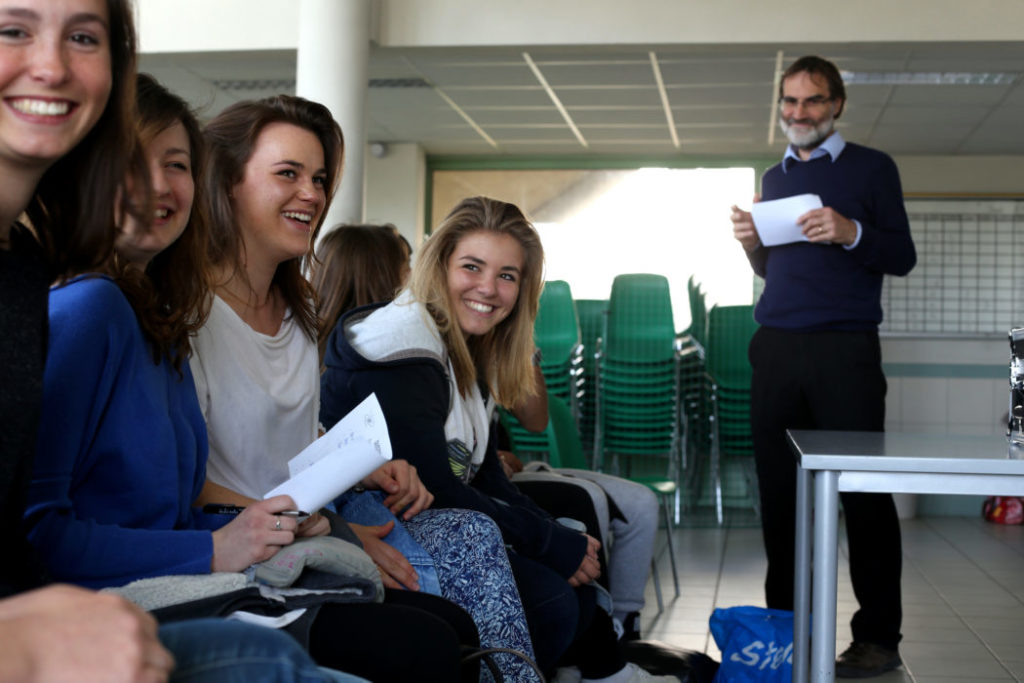Rethinking education during Covid-19 times
At Sparknews, we believe that they can also be great opportunities to adapt and rethink our relations with the world. As a team who wants to ignite new narratives that can accelerate the ecological and social transition, we can’t avoid asking ourselves what will be the shape of the global collective story emerging from the current worldwide sanitary emergency. In this week #SparkMinute, let’s focus on education with local examples of solidarity, of businesses rethinking their models, and of articles and opinions that can nourish our imagination.

Around 188 countrywide school closures have come into effect as of April 1st.

When organizations walk the extra mile
When it became clear that schooling was going to take place online, many EdTech stepped forward to ensure a smooth transition. The language-learning platform Busuu, for example, has launched an initiative called Keep Kids Learning. Free live-streamed language classes for children in English, Spanish, French and Mandarin Chinese are taught by Busuu’s network of experienced language teachers to age-grouped classes.
As borders become less and less meaningful, lessons from abroad become growingly available. The UK-based education agent InterGreat Education Group is providing an international-oriented curriculum with free online lessons for Chinese families. In a similar move, the education technology company Naviance by Hobsons has offered their complete curriculum of online self-paced lessons for free to all of their clients, enabling over 1.6 million students to keep learning.
In this time of sanitary crisis, we need science and people able to understand it more than ever. The company Labster, which offers fully interactive advanced lab simulations for students, has reached out to colleges and universities who had to close labs to provide them with extended access to their virtual lab resources. The initiative, which could help thousands of classes, has already convinced 5,000 new teachers to sign-up.
Worldwide, countries were unequally prepared to face the entire school system shutdown. To support both teachers and parents in this new situation, Nordic countries including Estonia, Finland, Denmark, Iceland, Latvia, Lithuania, Norway and Sweden have opened access to more than 40 of their remote learning solutions to the rest of the world, free-of-charge. While a full-size laptop will always be a necessity for some majors, a tablet you can throw into your bag and take to class will be useful for all kinds of students.

Local initiatives against global disorder
Schools’ closures could have dramatic effects on child hunger. No Kid Hungry, a national campaign to end child hunger in America, has been deploying USD 5 million in emergency grants to ensure children get access to free meals across the country, supporting local projects similar to this one in San Diego.
To ensure children —and adults— around the world can still access the wonders of the past, UNESCO Beirut and Lebanon’s Ministry of Culture came together to offer virtual tours of some major museums and archaeological sites in Lebanon, in addition to the country’s World Heritage Sites.
With #Cinemadacasa, the walls of the city of Rome turn into giant screens every night at 10 pm and show sequences and images of a diverse range of films, including feel-good movies, classics and vintage films. Requests for projections to be included in the #Cinemadacasa programme can be made through social media.
Let’s imagine further
On a more scholar note, professor of political science at the University of Toronto Aisha S. Ahmad shared this week a fascinating to-do list with Why You Should Ignore All That Coronavirus-Inspired Productivity Pressure. Coming from someone who has conducted award-winning research while under highly difficult physical and psychological conditions, here are some tips on how to adapt to hard conditions and still be able to produce bold new ideas: Be slow. Let this distract you. Let it change how you think and how you see the world. Because the world is our work. And so, may this tragedy tear down all our faulty assumptions and give us the courage of bold new ideas. Read the whole piece here.

At Sparknews, are convinced that the coronavirus global outbreak will lead us to draw valuable lessons about our globalized economic system. Whether on matters like education, solidarity, biodiversity or our way of work, it will be up to us to return to the status quo once the health crisis is over, or to reshape everything. Discover our #SparkMinute on energy, work, and food.




